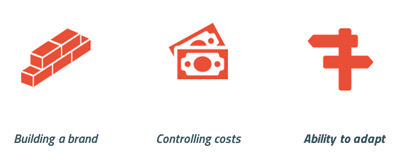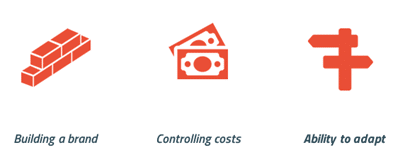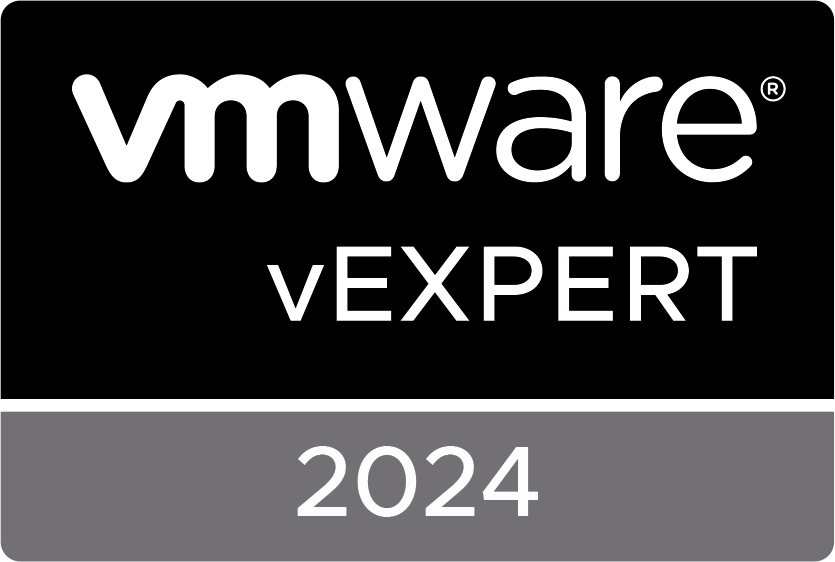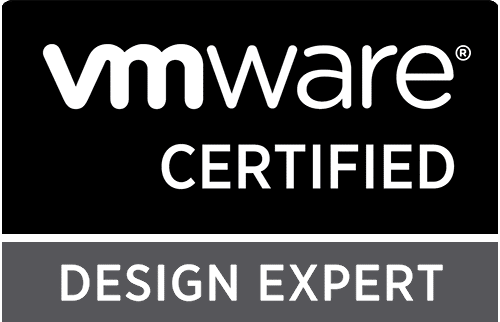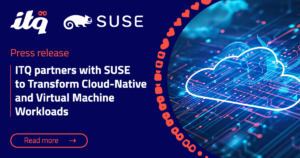This is the final part of our three part blogseries on our analysis of the service provider market. If you stuck with us so far, you have read our viewpoints on ‘building a brand’ and ‘controlling costs’ in Part 1 and Part 2. This final part is all about the ‘ability to adapt’:
Ability to adapt
The IT market is being overrun with new, disruptive technologies. Containers, cloud native apps, internet of things, machine learning are here already or looming on the horizon. If service providers are unable to adapt and use these new technologies to their advantage, chances are that it will be extremely difficult to be and stay competitive. There couldn’t be a more fitting quote to underline the importance of adaptability than Charles Darwins famous quote:
‘It is not the strongest of the species that survives, nor the most intelligent that survives. It is the one that is most adaptable to change.’
Again, three pivotal factors that will determine a service providers ability to adapt to change:
- Skilled people
We are in the so called ‘knowledge worker’ era and this couldn’t be more evident than in the IT industry. At ITQ we strongly believe in knowledge and we invest a great deal in training, development and growth. To be successful in the IT industry in general this is critical for success and even more so in a highly competitive market as the service provider market. The people will make the difference in the end. Where everyone is talking about the commoditization of IT infrastructures we at ITQ honestly believe that this is oversimplified lots of times. Software Defined Data Centers can be extremely complex to design and implement. It’s all about perspective. For the business and cloud consumers, IT infrastructure should really be just a simple as electricity. It should just work and you should be able to ‘just plug in’ or ‘order’. But from the perspective of the engineers and architects that build and design the underlying infrastructures we see a very complex landscape. Does anyone actually believe that a power plant and the power grid that delivers the electricity is ‘commoditized’, ‘simple’ and ‘requires no special skills’ to design, implement or operate? The people and the skills they have will make the difference… believe us! - Tsunami of new technologies
Technology in the IT industry developed insanely fast the last decade, and the tsunami of new technologies is not even close to being finished. For the new ITQ Cloud Native practice we are doing a lot of evangelism for cloud native apps and technologies. This goes even beyond containerization. This is about cloud native infrastructures such as VMware’s Photon Platform, Pivotal’s Cloud Foundry and so on. Things are moving insanely fast. The challenge for service providers is to make the right choices which new technologies to adapt and to build new services upon. This is a big point to differentiate from other cloud providers and to gain a competitive advantage. But jumping on the bandwagon early can also be risky. Cutting edge technology that is believed to take over the world today can be a ‘dog’ technology tomorrow. What if Google for example decides to pull the plug on a PaaS service that was used by a service provider to deliver a certain add-on service? What happens to all the data stored in that service? SLA’s can be very sketchy on data retrieval after a service is terminated. CloudQuadrants (an initiative and collaboration between Weolcan and Arthur’s Legal) did some excellent research on the maturity level of cloud provider SLA’s. The management summary can be downloaded here. The results are quite shocking! - DevOps
The IT industry is slowly realizing that the proven separation of duties in different teams no longer holds up. Developers need to know infrastructure and infrastructure engineers need to know how to leverage APIs to perform automation and orchestration. A prime example is AWS. Everything in AWS is API driven. If Amazon delivers a new service, they often only release the API at first before they even release a GUI. VMware’s vCloud Air and the vCloud Suite are also very heavy on APIs. Of course DevOps is more than just programming your infrastructure. It has everything to do with company culture and company mindset. Spotify Labs have released two (1 and 2) awesome videos on how Engineering teams at Spotify work together and how their company culture is evolved. Highly inspirational!
Despite the heavy competition and the undeniable challenges that service providers face, these are very exciting times. Market analysts are forecasting insane growth numbers for cloud computing expenditures. Hybrid Cloud computing holds a prominent place in Gartner’s Hype Cycle for Emerging Technologies, 2015 and the IT market is almost unanimous in naming Hybrid Cloud the desired end-state. At ITQ we can really tell from the discussions with our enterprise customers that cloud computing and especially hybrid cloud is gaining traction and the topic is on almost every IT agenda for the coming years. If service providers find a way to be unique, really differentiate and be competitive golden times can lie ahead!
We hope this blog series was informative to you. As we have said before, this blog series is nothing more than a respectful attempt to write down the developments we are seeing in the service provider market. They are our viewpoints, from our perspective, so please feel free to leave your comments or contact us for a deeper discussion on cloud computing related topics.
Thank you for reading!
